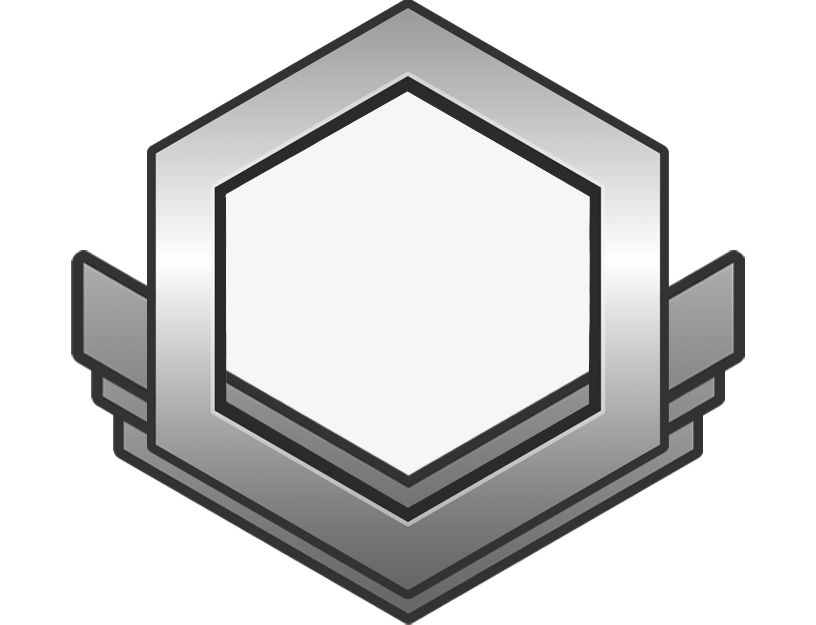

Phạm Gia Khiêm
Giới thiệu về bản thân



































The Pros and Cons of Self-Study
Independent learning often involves self-study—learning at home without a teacher. While this method offers many advantages, it also comes with challenges. Let’s look at both the pros and cons of self-study.
First of all, self-study gives learners the freedom to learn at their own pace. They can focus on topics they find interesting and spend more time on difficult subjects. Secondly, self-study helps develop important skills such as time management, problem-solving, and self-discipline. Finally, with many online resources available, learners can access a wide range of materials anytime, anywhere.
On the other hand, self-study requires strong motivation and discipline. Without a teacher’s guidance, learners may struggle to stay focused. In addition, they might not fully understand complex topics without expert explanations. For example, in subjects like mathematics or science, having a teacher can be very helpful. Finally, self-study can sometimes feel lonely, lacking the social interaction found in traditional classrooms.
In conclusion, self-study has both benefits and drawbacks. Learners should understand both before deciding if it is the right approach for them.